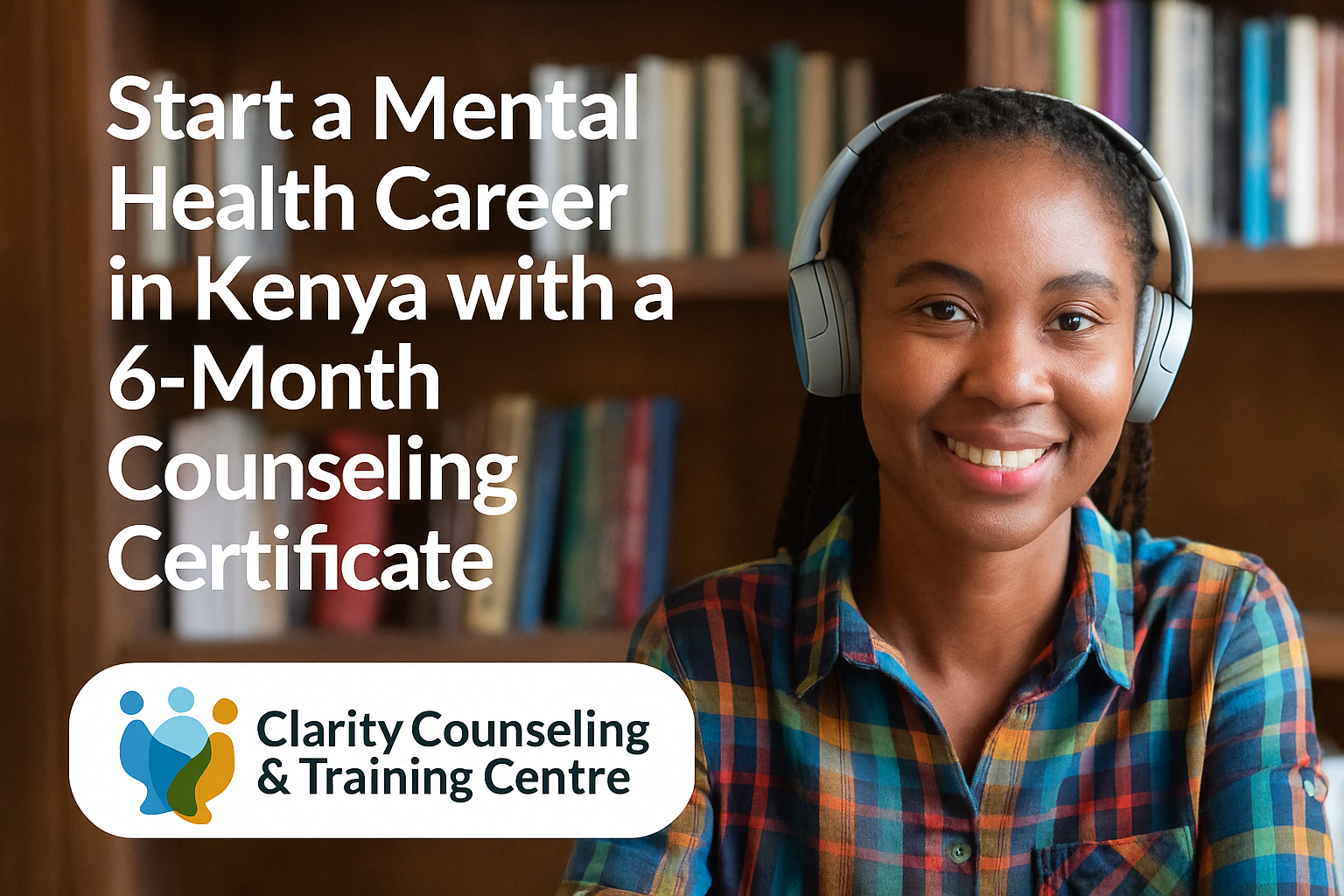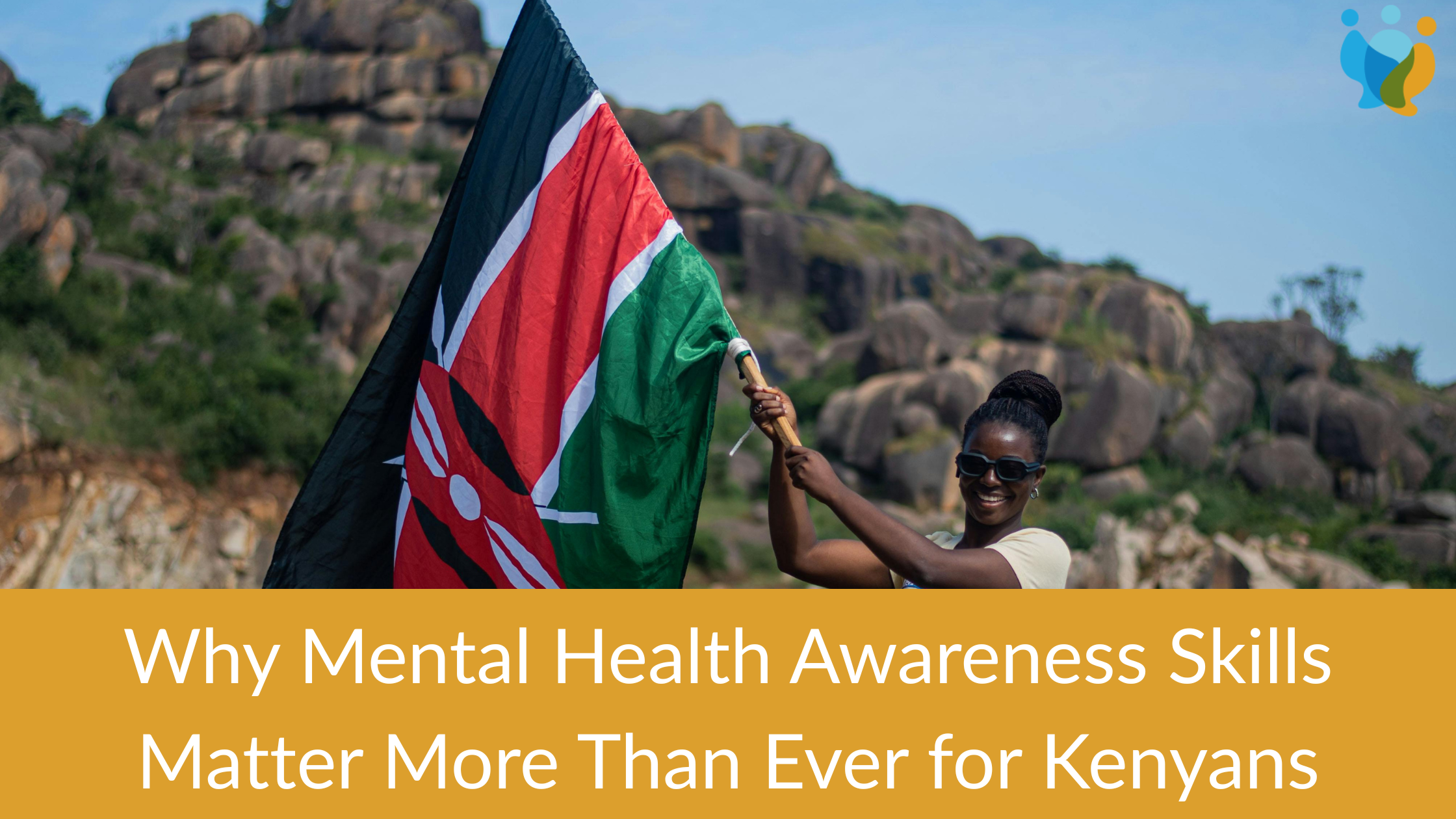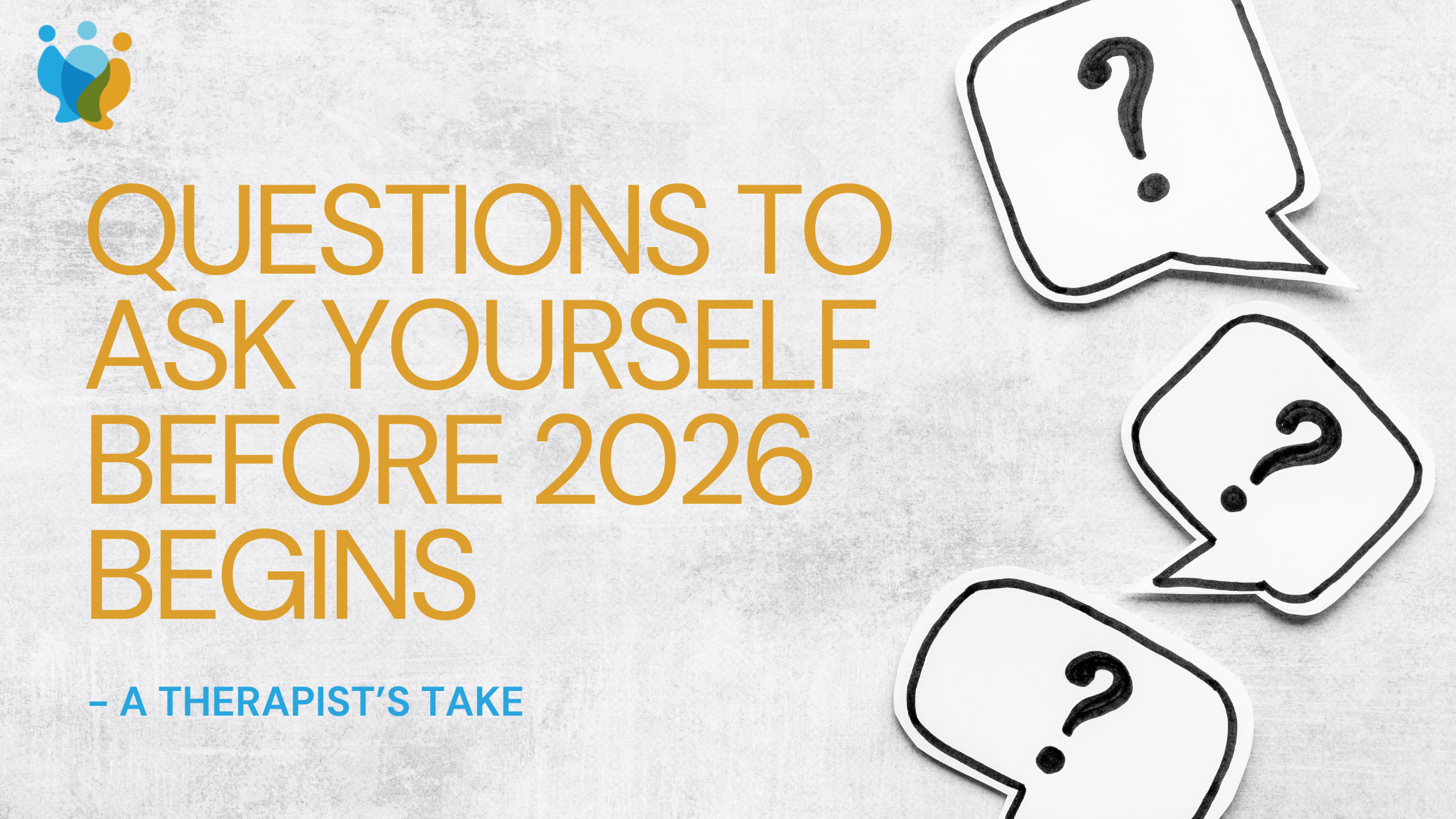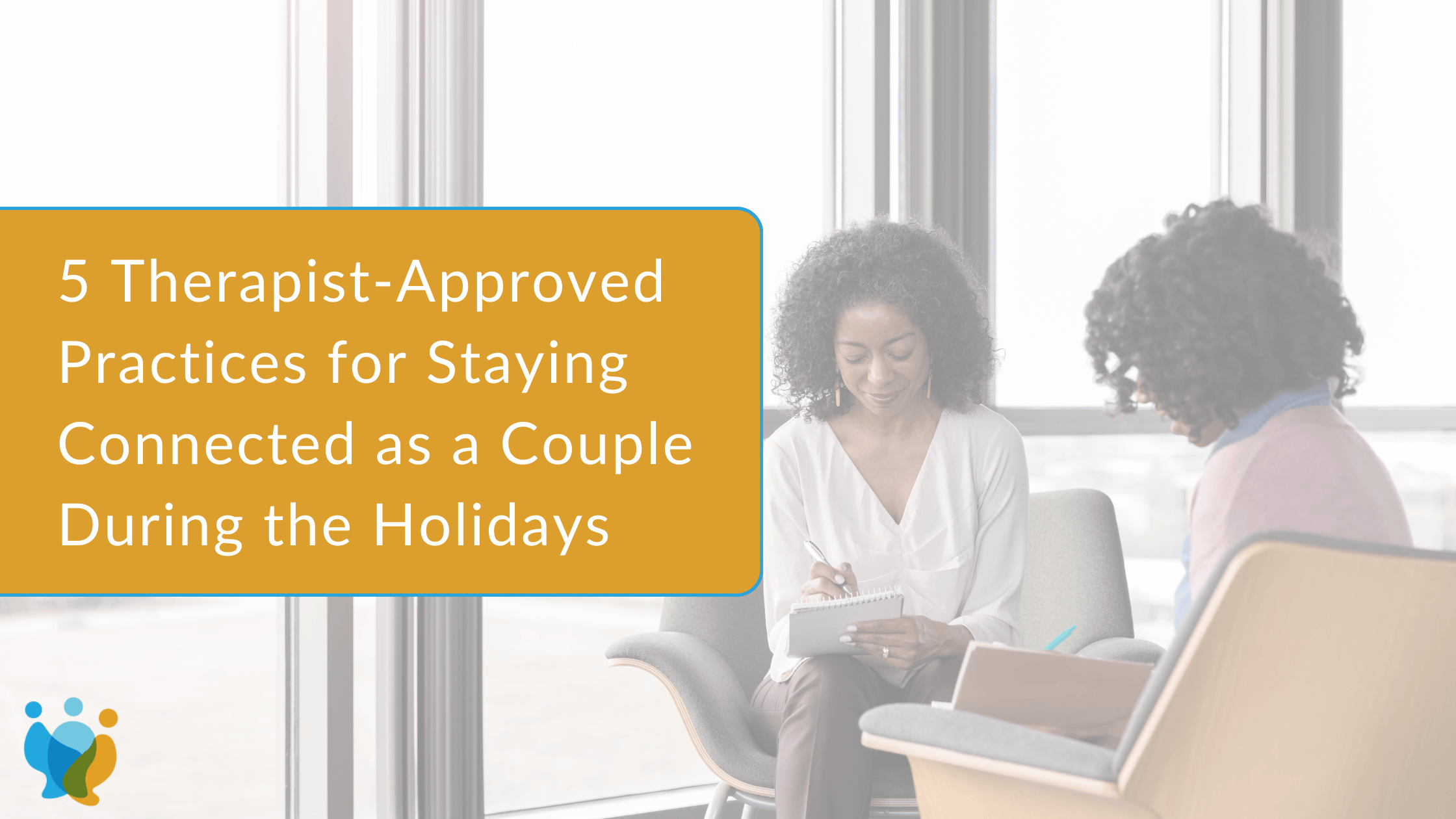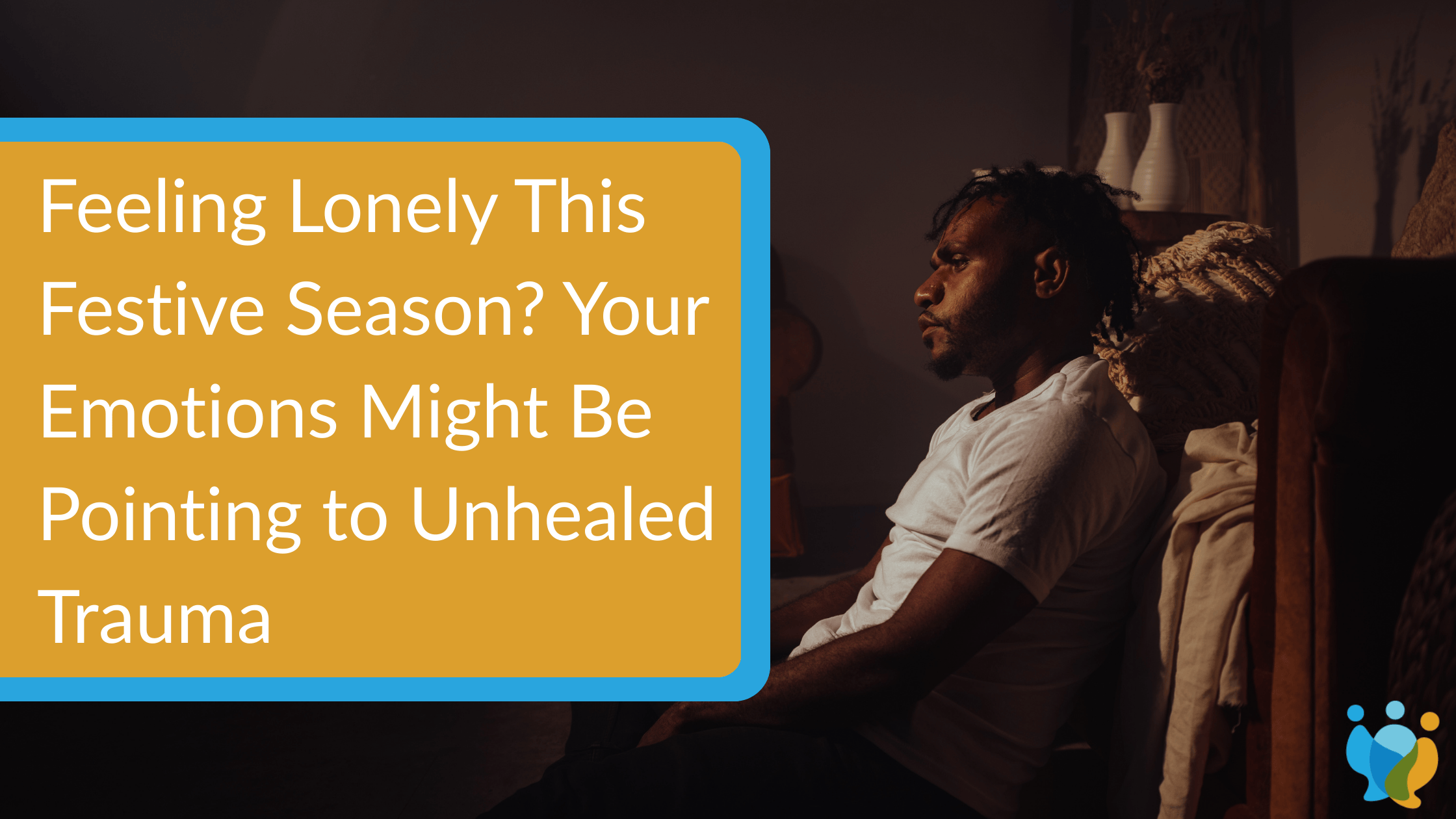How Does Living with a Disability Affect Mental Health?

How Does Living with a Disability Affect Mental Health?
July is minority mental awareness month, and this month, we would like to Focus on the mental wellbeing of people living with disabilities.
Living with a disability can be challenging in many ways, and it often affects more than just your body. It can have a big impact on how you feel emotionally and mentally, too. Imagine waking up every day facing extra hurdles that most people don’t have to deal with. This could mean struggling with daily tasks, feeling different from others, or facing unfair treatment in society. These experiences can take a huge toll on your mental health over time.
Many people with disabilities face feelings of frustration, sadness, or worry. They might struggle with self-esteem or feel isolated from others. However, it’s important to remember that having a disability doesn’t automatically mean poor mental health. Many people with disabilities lead fulfilling lives and have found ways to cope with challenges. This article will explore how living with a disability can affect mental health and discuss ways to support well-being.
What is a Disability?
A disability is a physical, mental, or developmental condition that limits a person’s abilities in daily life. It can affect how you move, think, communicate, or interact with the world around you. Disabilities can be permanent or temporary or visible or invisible. They may be present from birth or acquired later in life due to illness, injury, or aging.
Disabilities can be mild to severe and may impact various aspects of life, including work, education, and social interactions. It’s important to understand that having a disability doesn’t define a person’s worth or potential; it’s simply one aspect of their diverse human experience.
Learn More: The 4-Step Guide To Getting The Right Mental Health Care
Various Types of Disabilities
Disabilities come in many forms, each presenting unique challenges and experiences. They are also categorized to better understand and address the various needs and challenges individuals face. This categorization helps in creating appropriate support systems, policies, and accommodations. The following table gives examples of the various types of disabilities.
| Category | Examples of Disabilities |
| Physical Disabilities | Paraplegia and Quadriplegia, Cerebral Palsy, Muscular Dystrophy, Amputations |
| Sensory Disabilities | Deafness and Hearing Impairment, Blindness and Vision Impairment, Albinism |
| Intellectual and Developmental Disabilities | Down Syndrome, Autism Spectrum Disorder, Intellectual Disability, Attention Deficit Hyperactivity Disorder (ADHD) |
| Mental Health Disabilities | Depression, Anxiety Disorders, Schizophrenia, Bipolar Disorder |
| Learning Disabilities | Dyslexia (reading challenges), Dyscalculia (math challenges), Dysgraphia (inability to write) |
| Chronic Illnesses and Health Conditions | Chronic Diabetes, Epilepsy, Multiple Sclerosis (MS), HIV/AIDS |
| Invisible Disabilities | Chronic Pain, Fibromyalgia, Chronic Fatigue Syndrome (CFS) |
| Neurological Disabilities | Parkinson’s Disease, Alzheimer’s Disease, Tourette Syndrome |
Each type of disability brings its own set of experiences and needs, highlighting the importance of understanding and accommodating diverse abilities in society.
Statistics of People with Disabilities with Frequent Mental Distress
Research indicates that people with disabilities are more likely to experience frequent mental distress compared to those without disabilities. According to the Centers for Disease Control and Prevention (CDC), adults with disabilities report experiencing recurrent mental distress nearly 5 times as often as adults without disabilities.
Approximately 32.9% of adults with disabilities report frequent mental distress, compared to 7.2% of adults without disabilities. This disparity is consistent across various types of disabilities, including mobility limitations, cognitive disabilities, and sensory impairments.
Moreover, studies indicate that up to 50% of individuals with long-term physical health conditions or disabilities may also experience mental health problems. The prevalence of depression is notably higher among people with disabilities, with some estimates suggesting rates two to three times higher than in the general population.
These statistics show the significant impact that living daily with a disability can have on mental health and highlight the need for targeted mental health support for this population.
Factors Affecting the Mental Health Status of People with Disabilities
Several factors contribute to the common mental health challenges faced by people with disabilities. They include the following:
- Stigma and discrimination play a significant role: You may encounter prejudice, negative attitudes, or exclusion in various aspects of life, from employment to social interactions. This constant exposure to bias can erode self-esteem and lead to feelings of worthlessness or anxiety.
- Loneliness and isolation: Physical limitations, communication barriers, or societal attitudes may restrict your ability to participate fully in social activities. This isolation can lead to depression and disconnection from the community.
- Lack of integrated care: Often, the primary focus of healthcare is on managing your disability, with mental health needs overlooked or treated as secondary. This approach can leave you feeling unsupported in managing the emotional aspects of living with a disability.
- Poverty and unemployment: Limited job opportunities, workplace discrimination, or inability to work due to your condition may lead to financial stress, which is a significant contributor to poor mental health.
- Additional living costs associated with disabilities: You may need specialized equipment, medications, or personal care assistance, which can be expensive. This financial burden can cause chronic stress and anxiety.
- Dependence on others: Especially when it involves role reversal, can be emotionally challenging. For instance, if you’re a parent who now requires care from your child, it can lead to feelings of guilt, frustration, or loss of dignity. This situation can be particularly difficult in cultures where parents are traditionally seen as caregivers, not care recipients.
- The need to constantly adapt to a world not designed for your needs: You may face daily challenges in accessibility, communication, or understanding, leading to chronic stress and fatigue.
- Grief and adjustment to acquired disabilities: If your disability is the result of an accident or illness, you may struggle with accepting your new reality and mourning the loss of previous abilities.
These factors often converge or add to each other, creating deeper challenges that can significantly impact your mental well-being. Recognizing these factors is crucial in developing comprehensive support systems and interventions to improve the mental health of people living with disabilities.
Discover more: Emotional Codependency: 5 Signs of Unhealthy Codependency
How to Improve the Mental Health of People Living with Disabilities?
Improving the mental health of people living with disabilities requires contributions from individuals and various stakeholders. Practical ways to approach the situation include:
- Increase awareness and education about mental health in the disability community. This can help reduce stigma and encourage seeking help when needed.
- Improve access to mental health services. Ensure that therapy and counseling services are physically accessible and geared to meet the unique needs of people with disabilities.
- Promote integrated care that addresses both physical and mental health needs simultaneously.
- Foster inclusive communities and workplaces to reduce isolation and discrimination. This can include accessibility improvements and disability awareness training.
- Provide financial support and employment opportunities to alleviate economic stress.
- Offer peer support programs where you can connect with others with similar experiences.
- Encourage self-advocacy skills to help you handle challenges and assert your needs effectively.
- Promote adaptive sports and recreational activities to boost physical and mental well-being.
- Support research into the specific mental health needs of people with various disabilities to inform better interventions.
- Train healthcare providers in disability-competent care to ensure sensitive and effective mental health support.
When individuals and communities implement these strategies, they can create a supportive environment that enhances better mental health outcomes for people living with disabilities.
Benefits of Therapy and Counselling for People Living with Disabilities
A therapist offers emotional support by providing a safe space for people with disabilities to express their feelings and concerns without judgment. This emotional outlet can be crucial in managing the stress and challenges associated with your disability. Other benefits therapy and counseling can offer people living with disabilities are:
- Coping strategies: Counseling can help you develop effective coping mechanisms to handle the daily challenges of living with a disability. These strategies can improve your resilience and overall quality of life.
- Self-acceptance: Therapy can assist you in coming to terms with your disability and developing a positive self-image. This process can lead to increased self-worth and confidence.
- Grief and loss processing: If you’ve acquired a disability, counseling can help you work through feelings of grief and loss, facilitating acceptance and adjustment to your new reality.
- Anxiety and depression management: Therapy can provide tools to take care of anxiety and depression symptoms, which are common among people with disabilities.
- Relationship support: Counseling can help you navigate changes in relationships that may occur due to your disability, improving communication with family, friends, and caregivers.
- Goal setting and motivation: A therapist can assist you in setting realistic goals and maintaining motivation, particularly beneficial if you’re struggling with feelings of hopelessness or lack of direction.
- Trauma processing: If your disability resulted from a traumatic event, counseling can help you process and cope with the psychological impact of that trauma.
- Stress management: Counseling can teach you stress reduction techniques tailored to your specific needs and limitations.
From the benefits above, therapy and counseling can improve your overall well-being while living with a disability.
Coping Mechanisms for People Living with Disabilities
Developing effective coping mechanisms is vital for maintaining mental health while living with a disability. Here are some strategies you can consider:
- Separate your identity from the disability: Remember that your disability is just one aspect of who you are, not your entire identity. Focus on your strengths, interests, and other qualities that make you unique.
- Come to terms with how people respond to disabilities: Recognize that you can’t control others’ reactions or societal attitudes. Instead of internalizing negative responses, focus on educating others when appropriate and surrounding yourself with supportive individuals.
- Establish boundaries: Like everyone else, you have the right to set boundaries in your relationships and daily life. Learn to communicate your needs clearly, and don’t hesitate to say no when necessary to protect your mental and physical well-being.
- Utilize available support systems: Don’t hesitate to lean on your support network, whether it’s family, friends, support groups, or professional services. Accepting help isn’t a sign of weakness; it’s a smart way to manage your resources and maintain your health.
- Have realistic expectations of yourself: Acknowledge your limitations without judgment. Focus on what you can do rather than dwelling on what you can’t. Set achievable goals and take time to celebrate your successes, no matter how small they may seem.
- Practice self-compassion: Be kind to yourself, especially on difficult days. Treat yourself with the very same patience and understanding you would offer a friend facing similar challenges.
- Engage in adaptive activities: Find hobbies and activities that you enjoy and suited to your abilities. This can boost your mood and provide a sense of accomplishment.
- Maintain a routine: Having a structured daily routine can provide a fulfilling sense of normalcy and control.
- Practice mindfulness: Proven mindfulness techniques can help you stay grounded and connected to the present moment, reducing anxiety about the future or regrets about the past.
Clarity Counseling and Training Centre Can Help
Living with a disability creates unique challenges, but you don’t have to face them alone. Clarity Counseling and Training Centre offers specialized support to help you navigate the various mental health challenges you may be dealing with due to a disability. Our experienced therapist understands the specific needs of individuals with disabilities and provides tailored counseling, therapy, and coping strategies. Whether you’re struggling with anxiety, depression, or the daily stresses of living with a disability, Clarity is here to support you. Take the first step towards better mental health—reach out today.

